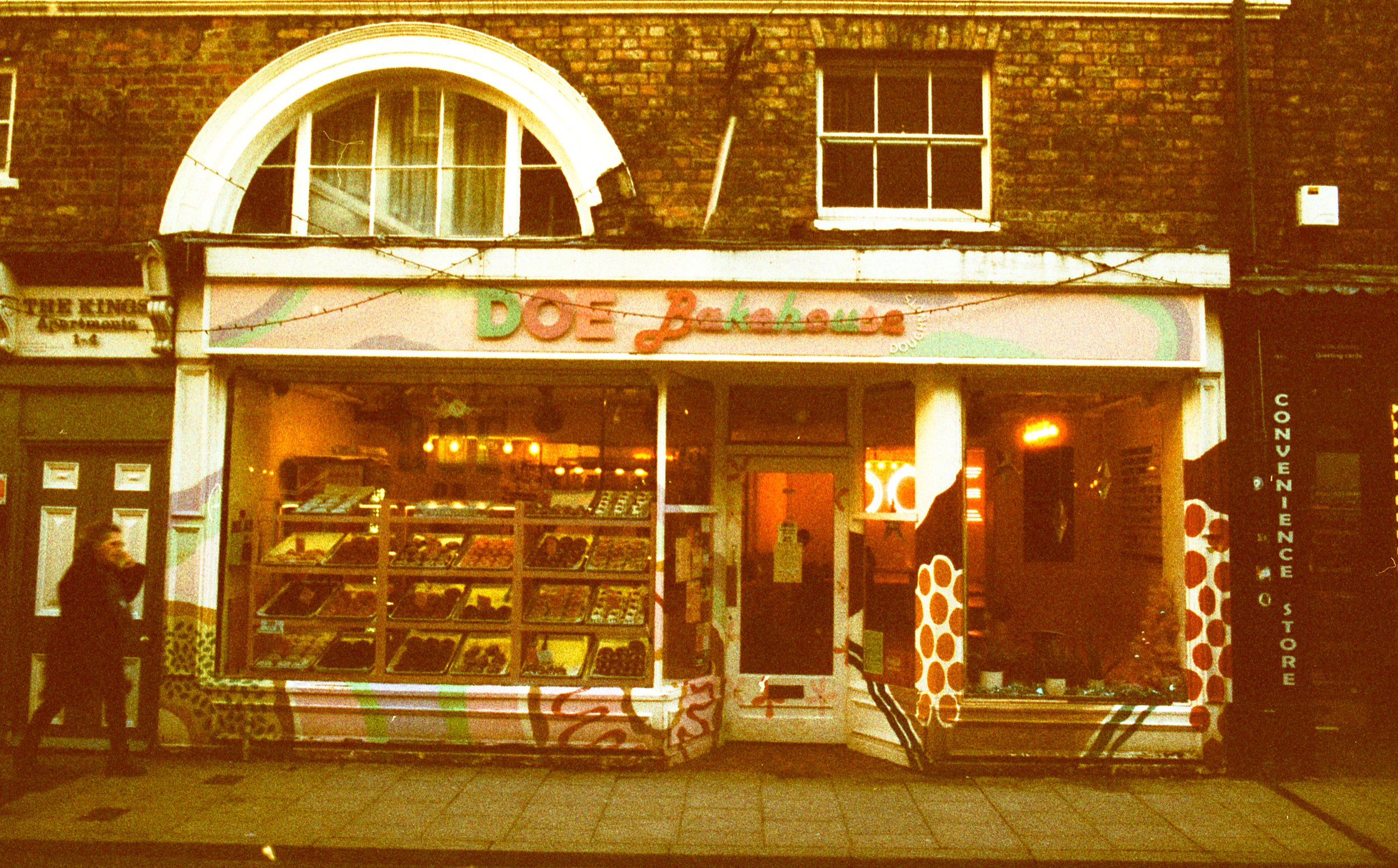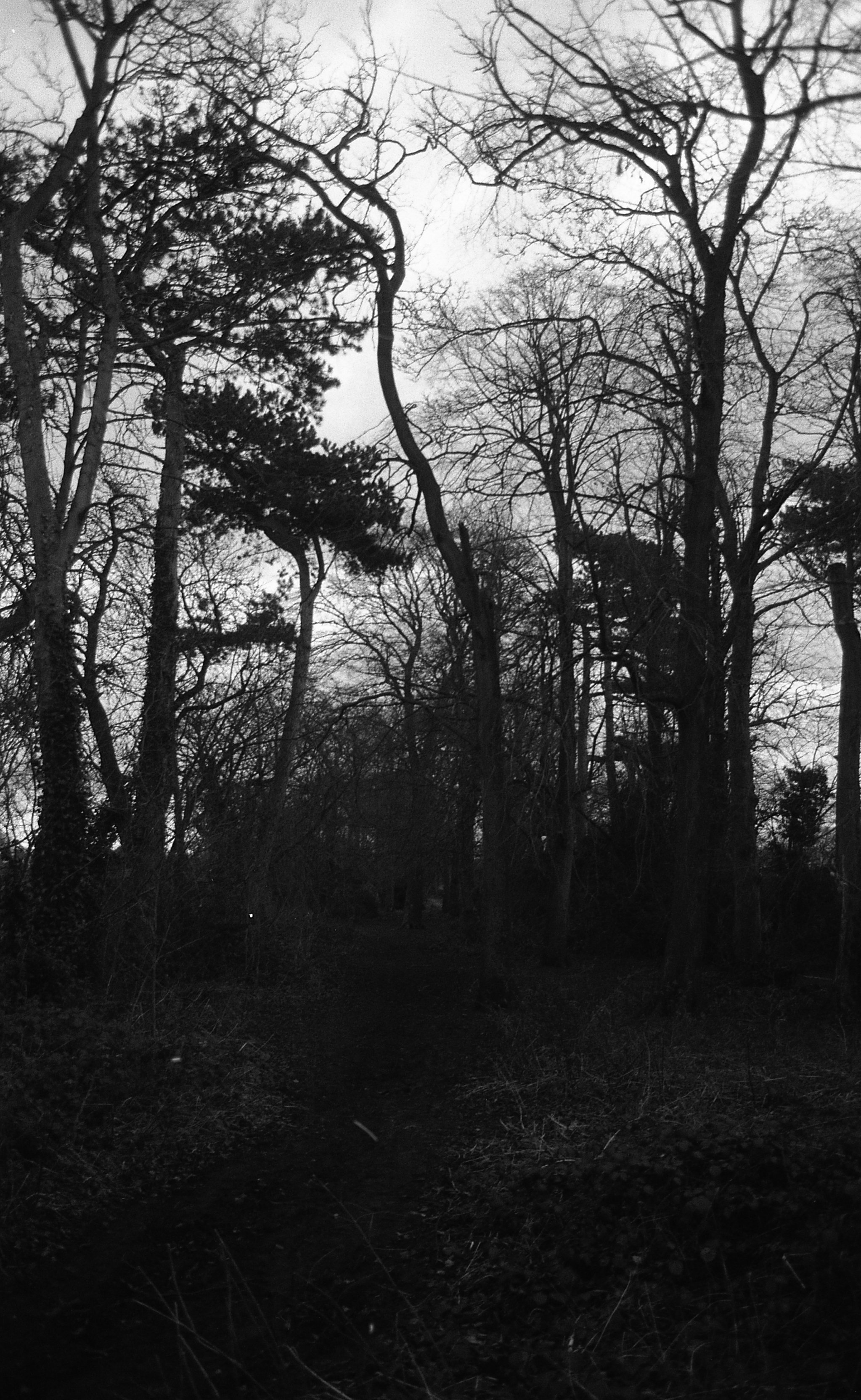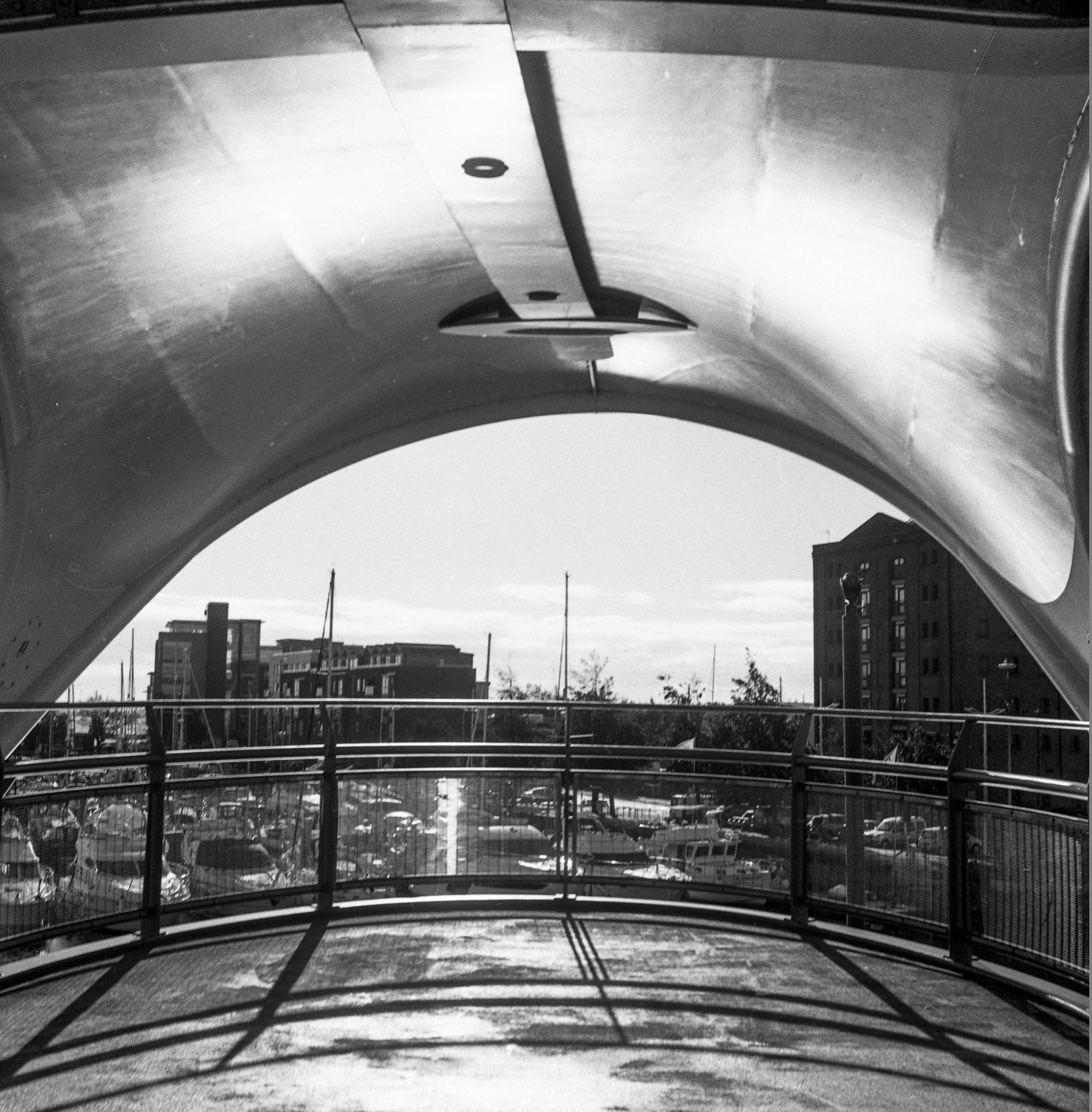This camera works a treat. It is fully automatic. It focusses, works out the exposure and even winds the film on after each shot. And it seems to be getting it all right too. I was using a “nifty fifty” (a prime lens with a 50mm focal length) that I happened to have lying around for these shots and they came out lovely and sharp. It allows full manual control too, if you want to make your pictures the hard way.
The whole thing brought home just how cheaply you can get into analogue photography. There is nothing wrong with the Canon 650 except hat it is out of fashion. It is very plasticky and a bit of an ugly lump. But that was the fashion in 1987 when it was released. As a first camera I think it would be hard to beat. You’ll have to find a lens for it (search for “canon ef 50mm”) and you will find that they tend to cost a bit more than the camera. However, you should be able to get started for less than the price of a modern video game. And there is always the chance that if you ask around the family someone might confess to having an old camera like this in the back of a wardrobe somewhere.
I’m certainly going to use my 650 quite a bit. While I quite like the process of working out the exposure and getting the focus right, it is rather nice to have a camera just do all that stuff for you every now and then.



































